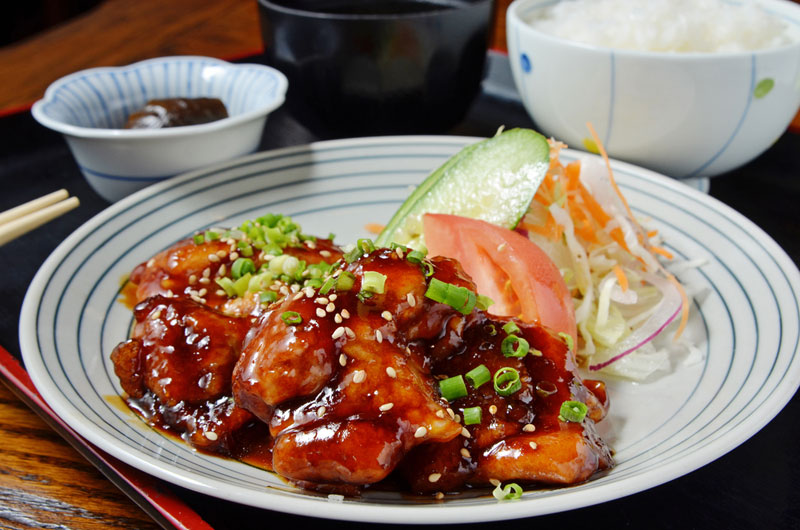New FDA Salt Targets: Which Foods Would Change Most?

To help Americans eat less salt, the federal government is recommending that a wide variety of packaged and restaurant foods be adjusted to have lower amounts of sodium.
If these target sodium levels are reached over the next 10 years, some of the biggest sodium drops in packaged foods could be in certain sauces and frozen breakfast foods, according to Live Science's calculations.
The sodium targets, from the Food and Drug Administration, could help reduce sodium intake for the average American by more than 1,000 milligrams per day — from 3,400 mg per day to 2,300 mg per day, the FDA said.
"Many Americans want to reduce sodium in their diets, but that's hard to do when much of it is in everyday products we buy in stores and restaurants," Department of Health and Human Services Secretary Sylvia Burwell said in a statement Wednesday. "Today's announcement is about putting power back in the hands of consumers, so that they can better control how much salt is in the food they eat and improve their health." [6 Ways to Hold the Sodium]
The guidelines are voluntary, but many food companies have already taken steps to lower the amounts of sodium in their products, the FDA noted.
The FDA's recommendations divided common processed foods into 150 categories — ranging from vegetable juice to butter to feta cheese — and created sodium targets for each category. The targets are meant to be an average for products sold in that category, but also to take into account product sales, meaning that more weight is given to popular products.
Live Science analyzed the food categories to see which packaged foods could see the biggest drop in sodium if the 10-year target goals are met. We calculated the percent drop in sodium for each food category, based on the average sodium levels in that food in 2010 and the average 10-year target set by the FDA. The sodium values are listed in milligrams of sodium per 100 grams of the food. The following categories had the biggest drops:
Sign up for the Live Science daily newsletter now
Get the world’s most fascinating discoveries delivered straight to your inbox.
- Asian-style sauce (teriyaki, hoisin, sweet and sour, stir-fry and duck sauces): 67 percent drop (from 2,147 mg to 700 mg)
- Frozen/refrigerated breakfast bakery products (frozen pancakes, waffles, etc.): 64 percent drop (from 565 mg to 200 mg)
- Lettuce/green salads: With additions (including added cheese, croutons and meat): 63 percent drop (from 411 mg to 150 mg)
- Bacon bits/pieces: 60 percent drop (from 2,534 mg to 1,000 mg)
- Frozen vegetables and legumes (in sauce and/or seasoning): 59 percent drop (from 195 mg to 80 mg)
- Puffed rice cakes/snacks: 57 percent drop (from 941 mg to 400 mg)
- Unflavored potato and vegetable chips (salted potato and other vegetable chips): 57 percent drop (from 585 mg to 250 mg)
- Dry seasoning and dry sauce mixes (spice rubs, dry gravy mix, etc.): 56 percent drop (from 22,460 mg to 9,800 mg)
- Cream-based sauces (such as alfredo sauce): 54 percent drop (from 526 mg to 240 mg)
Because we looked at the change in sodium levels, the foods with the biggest percent drop in sodium aren't necessarily those with the highest starting sodium levels.
Other food categories would not be affected as greatly as these. For example, many cheeses would see about a 15 percent drop, based on the 10-year targets, according to our calculations.
By creating the 150 food categories, the FDA said it recognized that there was not a one-size-fits-all approach to cutting sodium in foods.
Follow Rachael Rettner @RachaelRettner. Follow Live Science @livescience, Facebook & Google+. Original article on Live Science.

Rachael is a Live Science contributor, and was a former channel editor and senior writer for Live Science between 2010 and 2022. She has a master's degree in journalism from New York University's Science, Health and Environmental Reporting Program. She also holds a B.S. in molecular biology and an M.S. in biology from the University of California, San Diego. Her work has appeared in Scienceline, The Washington Post and Scientific American.









